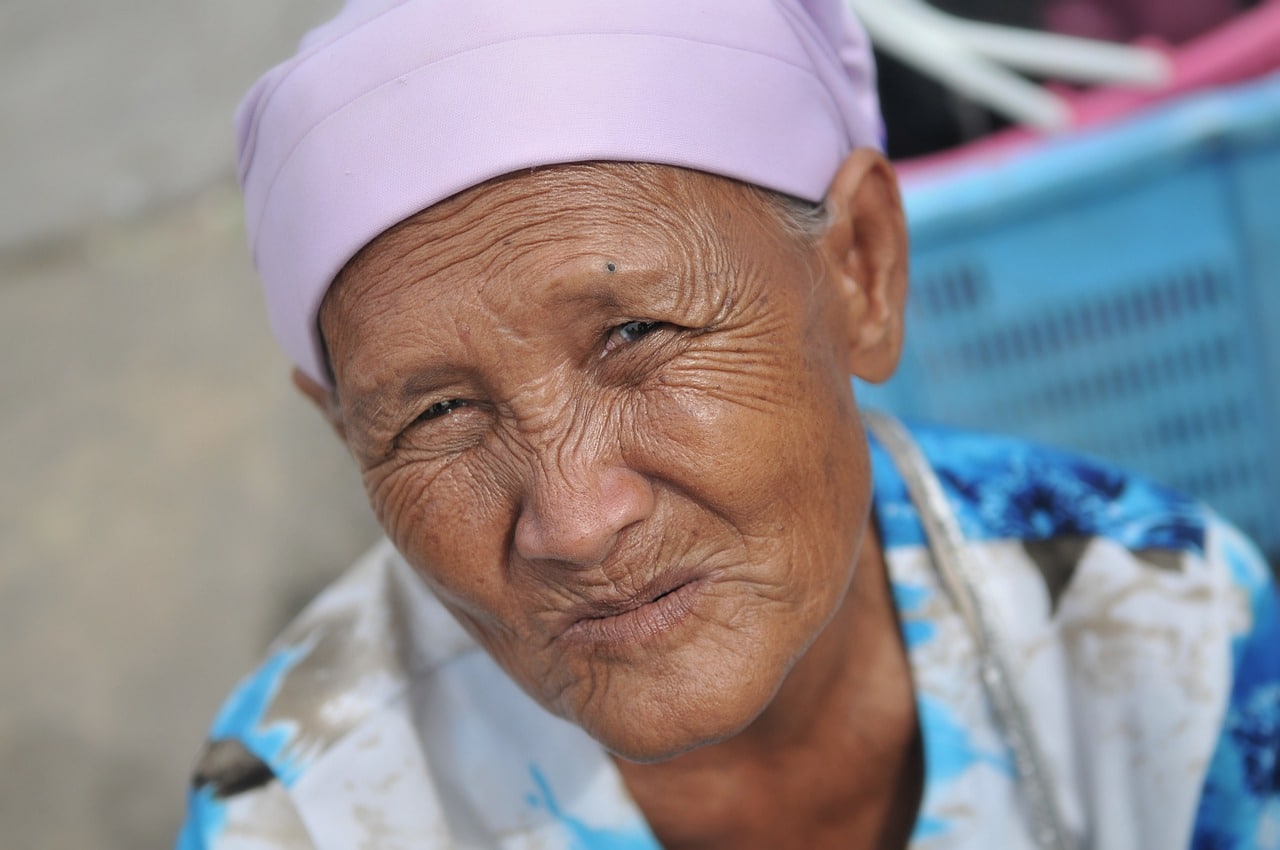
The climacteric is the life cycle preceding and following the loss of genital functions.
The climacteric is the life cycle before and after the loss of genital functions . The concept has its origin in a Greek term that translates into Spanish as "step" . This is a transition period that lasts several years and develops from a significant decrease in the ability to produce estrogen and the exhaustion of the ovaries .
The climacteric, therefore, is related to the notorious inability to generate hormones, oocytes and follicles . The process is triggered before and after menopause (a phase characterized by the permanent cessation of menstruation).
The climacteric in women
The climacteric takes place in women 's maturity and is considered a period of involution, since it appears associated with various physical and emotional manifestations. This stage involves both a biological and social change: therefore, its characteristics will depend on the psychological condition of each woman.
The symptoms of this period identified as climacteric begin to be noticed in the cycle known as pre-menopause due to alterations in estrogen concentrations. The sensation of heat, sudden sweating, flushing of the face, fatigue and vertigo are related to vasomotor changes.
Other signs of the climacteric arise from metabolic alteration, such as urinary problems (infections and incontinence), vaginal dryness, osteoporosis and the development of cardiovascular diseases not linked to age. Among the psychological symptoms of the climacteric, irritability and decreased sexual desire can be mentioned.
It should be noted that, for some experts, the male equivalent of the climacteric is andropause , although in men it is more difficult to notice the symptoms.

The climacteric is characterized by the inability to produce follicles, oocytes and hormones.
The psychological impact
The social environment, both direct and indirect, has a profound influence during this stage, putting it almost on par with adolescence in terms of the magnitude of its impact on a psychological level. In societies where the elderly are the object of ridicule and disrespect , where machismo reigns and determines that women must stay in shape and take care of their image above all things, the climacteric can be emotional torture for people of any gender. .
Always in the heterosexual sphere, which is probably the sector of society that suffers the most during these transitions, a woman who, due to cultural impositions, loses her attractiveness to men, must accept the harsh idea that her partner, probably her husband, begins to notice other women, generally much younger than her. The physical changes, the usual weight gain, the stylistic alteration that comes with age in systems that determine how a person should dress according to a series of factors, and the decrease in sexual desire, do nothing other than attack this assumption . bond that was set three decades earlier.
On the other hand, man is not the absolute winner of this (absurd) battle against age , since only a few, generally with full pockets, manage to fulfill their dreams of replacing their "deteriorated" wife with a curvy teenager. sculpted by the gods. For their part, the supposedly stronger sex must face changes in their body that bring them closer to female forms as if it were a nightmare that threatened to collapse everything they had achieved by... being born a man.
To conclude, the solution to not consider this stage of life as a misfortune seems to be to accept oneself with everything that entails. We are alive and aging; some lose hair and others lose vision; some suffer from degenerative diseases and others retain their lucidity. All of this may seem random or unfair, but they are the rules and we must know and abide by them to avoid frustration and increase our chances of being happy.
